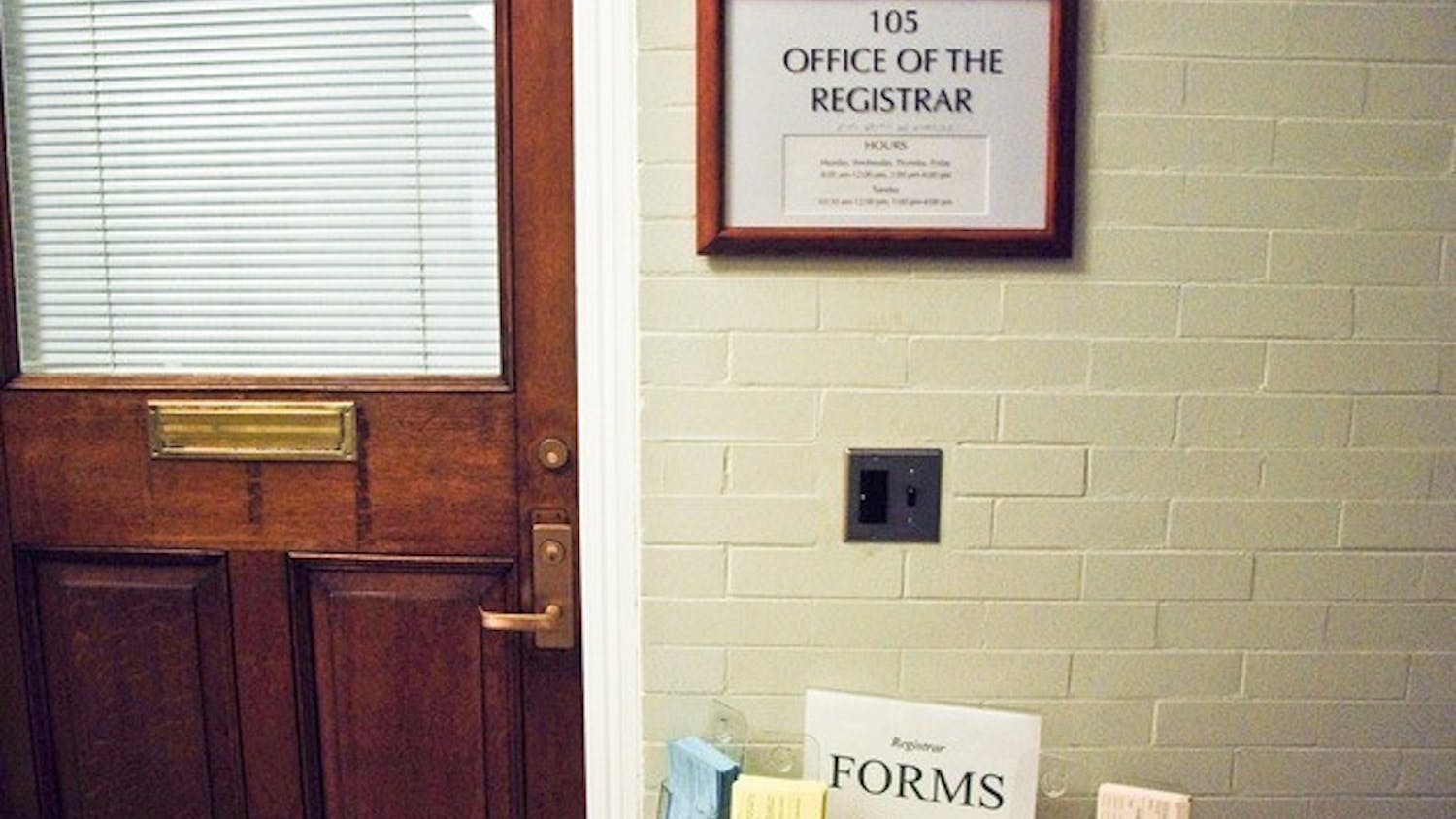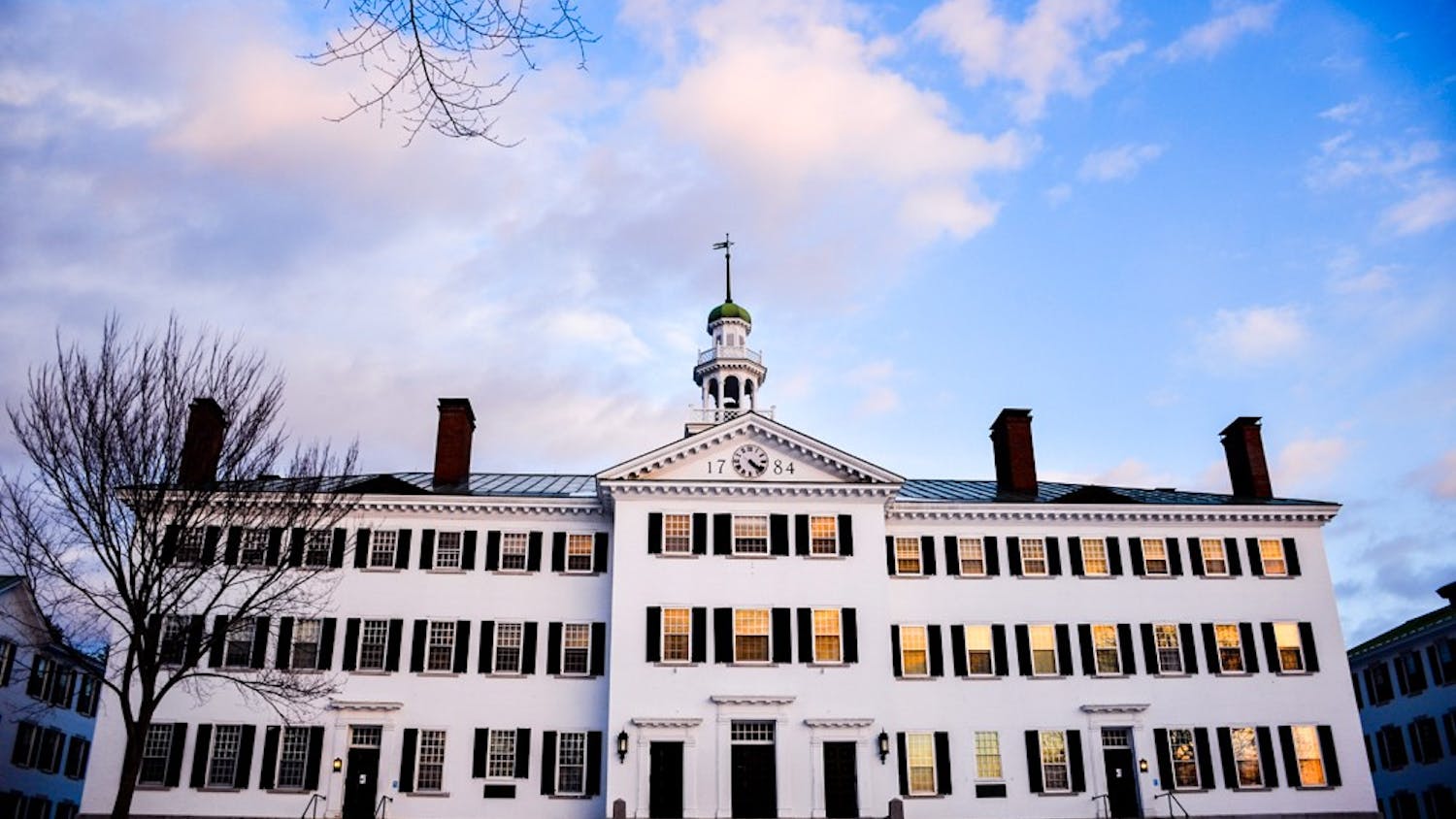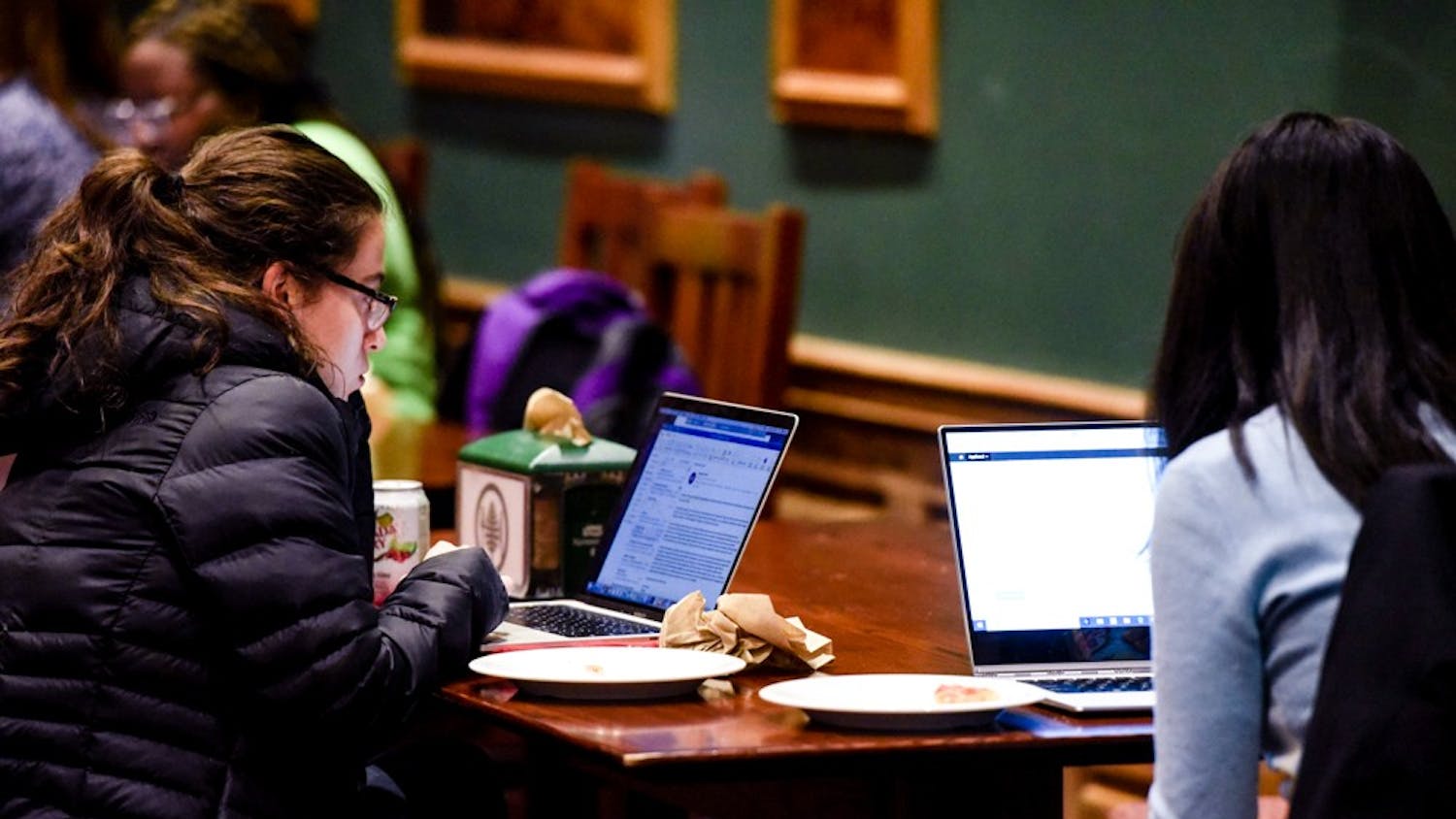International off-campus programs planned for this spring are “unlikely” to proceed due to the ongoing COVID-19 pandemic, according to Guarini Institute for International Education executive director John Tansey. The outlook for spring domestic off-campus programs also remains uncertain, though several program directors have expressed hopes to continue with adapted plans.
“Based on current conditions and COVID-19 related projections for this fall and winter, it increasingly appears unlikely that we will be able offer internationally based programs in spring ’21,” Tansey wrote in an email to The Dartmouth. Five language study abroads, language study abroad pluses and foreign study programs that are currently planned for the spring — a French FSP in Toulouse, France, a German LSA+ and FSP in Berlin, an Italian LSA and LSA+ in Rome and the Spanish FSPs in Barcelona and Buenos Aires — will likely not proceed given the current outlook.
The Guarini Institute will make a recommendation to Dartmouth’s COVID-19 task force later in the term, and a final decision on the programs will be announced in late November. Tansey said that decisions regarding whether or not domestic programs will run may come later than that.
Tansey wrote that departments planning off-campus programs have already been asked to “plan for the likelihood of not having programs” in the spring and adjust on-campus programming accordingly.
He added in an interview that the Guarini Institute is taking into consideration rising COVID-19 cases worldwide, Americans’ ability to travel to other countries and secure visas, the availability of testing and other mitigation measures and the potential emergence of a vaccine.
According to data from the New York Times, Argentina, France, Germany, Italy and Spain are all currently experiencing large increases in COVID-19 cases; as of Wednesday, Argentina’s infection rate is the seventh-highest in the world. The Washington Post reported on Monday that in an effort to control growing outbreaks, some national governments in Europe are putting new restrictions in place, including restaurant and bar closures and limited alcohol sale times.
Four terms of off-campus programs have already been canceled due to the pandemic, beginning with those scheduled for the spring of 2020.
In order to begin holding off-campus programs again, significant changes to the structure of the programs are necessary, Tansey and several program directors indicated.
“If we [want] to run programs right now, we have to reinvent them, run them in a completely different way than the way we usually do,” Italian LSA/LSA+ program director Graziella Parati said. “Travel is curtailed, certain activities are curtailed, but also, the number of people that can go on the program is limited — or, if we bring large numbers of people, we have to divide them into small classes.”
The changes to the proposed Italian language programs included eliminating excursions outside of Rome, housing students in apartments rather than in homestays, barring contact with parents or other visitors from the U.S., hiring a local director’s assistant instead of bringing one from Dartmouth and ensuring that classrooms are large enough to maintain social distancing, Parati said.
She stressed that drinking — an often informal part of study abroad programs due to lower drinking ages in other countries — would be heavily discouraged, unlike in previous years, as a night out could lead to students gathering in non-socially distanced crowds.
In response to Tansey’s comments about the outlook of international programs, Parati wrote in an email statement that the Italian department “will run programs as soon as the College will deem it feasible.”
French and Italian department chair David LaGuardia wrote in an email statement that the department is “committed to trying to run a program in Toulouse in the spring,” though he noted that faculty members are still determining how to do so safely. He and French FSP program director Kathleen Wine referred further comment to the Guarini Institute. Representatives from the Spanish department programs could not be reached for comment by press time.
Four domestic programs are also currently in the planning phase. The government department’s domestic study program in Washington, D.C. has been authorized to run in the spring “barring any dramatic change in the situation with the pandemic,” according to program director Lisa Baldez.
What the D.C. program will look like this spring is uncertain. Normally, the program combines two classes taught by a Dartmouth professor and a part-time internship in the D.C. area. Students this year have been asked to apply for internships as usual, but many do not know whether jobs will be in-person or remote, Baldez said. She added that housing and classroom arrangements are still unclear.
Baldez noted that she hopes to have details “nailed down” by December.
Students, too, are grappling with planning amid uncertainty. Government DSP enrollee Colson Palage ’22 said that he is still looking for his internship for the program, but many places with which he has spoken are “still trying to figure out” whether and how in-person internships may work in the spring and have asked him to hold off on applying.
“I’m, to be honest, kind of holding out hope that some restrictions will be lifted by then and we can return to some sense of normalcy,” Palage said. He added that if the program is heavily restricted or mostly remote, he may choose not to go.
The other three domestic programs planned for spring are all field-based science off-campus programs whose locations have been changed. The earth sciences department’s “Stretch” program has been modified to eliminate the Canadian portion, program director Ed Meyer said. The biology FSP, normally held in Panama, Costa Rica and the Cayman Islands, will instead likely be moved to domestic locations, spending several weeks each in western North Carolina, the Upper Valley and Florida, program director Matt Ayres indicated. The environmental studies FSP, usually held in South Africa and Namibia, will instead take place in the “northeastern U.S.,” Tansey said in an email.
Both Meyer and Ayres noted that field-based programs — ones that primarily focus on research in the outdoors instead of indoor coursework — lend themselves more easily to pandemic-friendly operation because they can be run as “pods” with limited interactions with people outside of the program.
“The COVID risks are in travel, for the most part,” Ayres said. “The natural structure of our program is that we work in a pod in isolated locations — a field station in the jungle, and it’s really just us and the jungle.”
Meyer said students on the Stretch program will stay in field stations away from “population centers,” whereas normally, they may have stayed in hotels in cities like Moab, Utah; Jackson, Wyoming and Flagstaff, Arizona.
Challenges remain, including how to get students to the programs safely and how to move from location to location. Both professors indicated that there would be no air travel after the program began and that students would get from place to place in vans.
The Guarini Institute is evaluating each program individually to see if it can run successfully, Tansey said.
“We’re applying our framework to each location,” he said. “There are a number of criteria: the prevalence of COVID, the ability to implement mitigation efforts, … strong onsite support and a lot of other considerations around the ability to run meaningful, robust programs.”
Even if the planning for the spring ultimately leads to a fifth consecutive term of Guarini Institute program cancellations, Tansey said the current planning process will still help in solidifying programs in the summer and fall of 2021— terms he said he is “cautiously optimistic” will allow for abroad programs to run.





